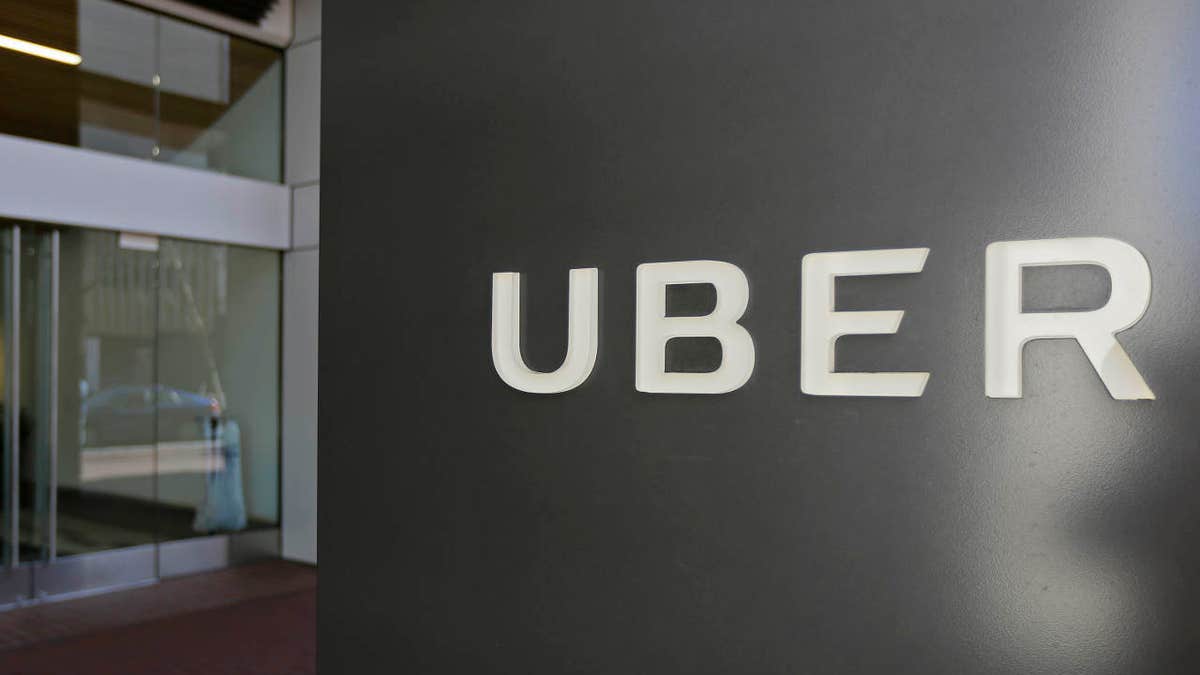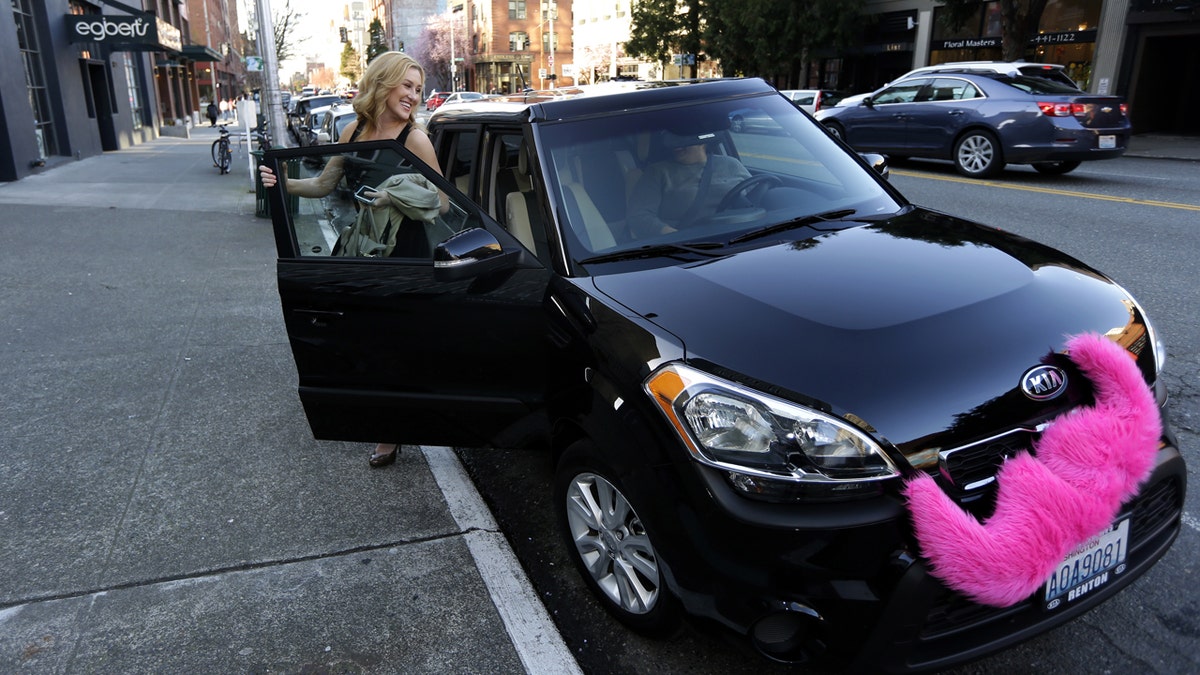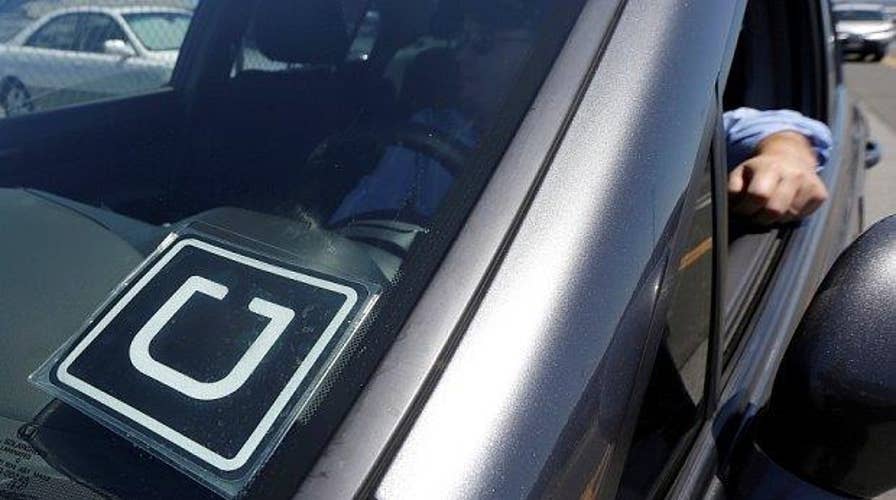Uber eases screening requirements in California
Prosecutor explains why this could be dangerous
Shocking results of newly mandated background checks in Massachusetts for drivers of ride-hailing services like Uber and Lyft have many advocates and lawmakers calling on other states to follow the Bay State’s lead and toughen their own reviews.
Massachusetts’ new state records review resulted in the banning of more than 8,200 of the state’s almost 71,000 drivers who had already passed background checks conducted by ride-hailing companies.
While most of those who failed the state-mandated background check did so because their license had been suspended, they had been licensed to drive for less than three years or they had multiple driving offenses, there were also more than 300 applicants who had felony convictions and 51 who were registered sex offenders.
“It’s absolutely terrifying because if you multiply these numbers for Uber and Lyft on a national scale, you see why there are so many sex offenses from these drivers,” Dave Sutton, a spokesperson for the for-hire vehicle safety group Who’s Driving You, told Fox News. Who’s Driving You is an initiative of the Taxicab, Limousine & Paratransit Association.
“These company checks protect violent offenders and put people at risk,” Sutton said.
The results of the Massachusetts’ checks have prompted other states and municipalities to consider more stringent measures for evaluating drivers working for ride-hailing services.

In Austin, Texas, city officials are pointing to the Massachusetts results as a reason why a proposed law in the Lone Star State to require only company background checks and prevent local governments from adding stricter measures should not pass.
Uber and Lyft stopped operating in Austin last year after the city required background checks using fingerprints.
“What’s happened in Massachusetts seems to vindicate what our police chief told us: There is a value to having a [government] background check,” Jason Stanford, a spokesman for Austin Mayor Steve Adler, told the Boston Globe. “But all of that will be for naught if the state passes a law preempting our local law.”
Regulations must achieve the balance of appropriately ensuring the safety of our community while also not unfairly limiting economic opportunity for drivers.
The state that most closely mirrors Massachusetts in terms of its checks is Maryland, which has removed about 6 percent of the state’s 74,000 drivers working for ride-hailing services since it started reviewing company background checks in 2015.
Late last year Maryland granted waivers to Uber and Lyft drivers from a fingerprint check, but state officials say their checks are still some of the most thorough in the U.S.
“We just granted a fingerprint waiver, but we have also implemented a number of additional requirements for drivers,” Tori Leonard, a spokeswoman for the Maryland Public Service Commission, told Fox News.
The additional safety measures includes requiring drivers to agree to report arrests and convictions to the companies within three business days, making Uber and Lyft look back through the entire adult history of its applicants for convictions in Maryland and, where possible, convictions in other jurisdictions and ordering companies to revisit a background check of any driver the state believes may need to have his or her criminal history re-examined.
In Uber and Lyft’s home state of California lawmakers recently stipulated that ride-hailing services expand their background checks beyond the federally mandated seven years and bar drivers with violent felony convictions from working for their services.
Spokespeople for both Uber and Lyft told Fox News that while passenger safety is a top priority, the expanded checks hurt the livelihoods of drivers who need the money and unfairly target some drivers for minor infractions that happened years ago.
“It is critically important to ensure drivers aren't unfairly prevented from pursuing economic opportunities as a result of certain infractions that happened many years in the past,” Adrian Durbin, Lyft’s director of communications, said in a statement. “Regulations must achieve the balance of appropriately ensuring the safety of our community while also not unfairly limiting economic opportunity for drivers.”

(AP)
Durbin added: “It would be a mistake to prevent good and qualified drivers around the country from earning needed income as a result of one state's rulemaking."
Ride-hailing companies also say that they are limited in how far back they can look into a driver’s history by the Federal Trade Commission’s Fair Credit Reporting Act.
While the FCRA has no time limitation on reporting criminal convictions, some states have limitations on the length of time records may be reported and in addition many employers limit the use of older convictions for other, non-FCRA reasons.
A spokeswoman for Uber told Fox News that since Massachusetts released its results the company has been flooded with calls from former drivers who are unsure what to do now that they can’t work for the ride-hailing service.
“We have a lot of people who are concerned and a lot of people who have lost a big part of their bottom line,” an Uber spokeswoman told Fox News. “There are more than 8,000 people in Massachusetts who are now out of work.”


